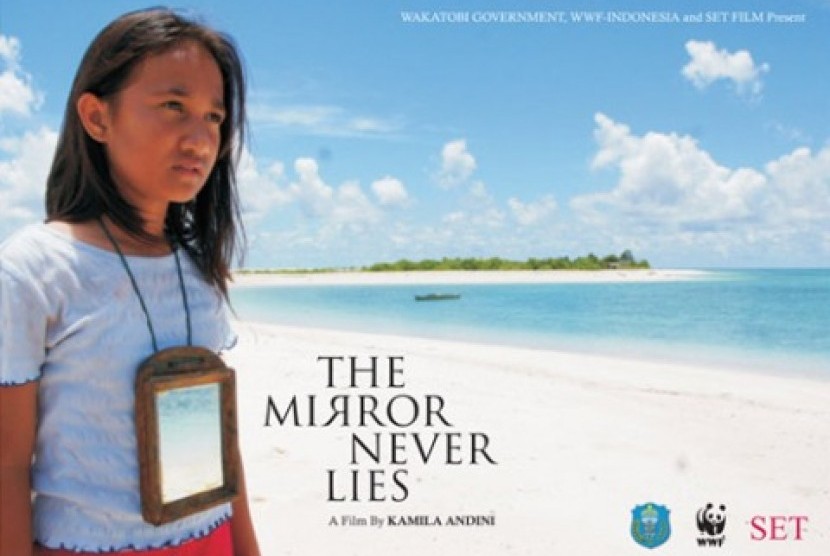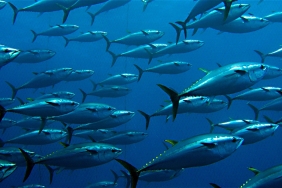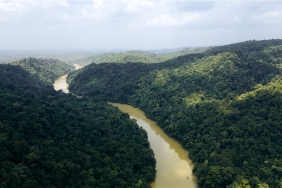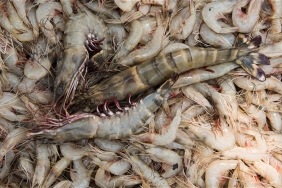THE MIRROR NEVER LIES RECEIVES FOUR AWARDS AT THE INDONESIAN FILM FESTIVAL
By Masayu Yulien Vinanda
Jakarta (11/12)-WWF-Indonesia’s first commercial movie “The Mirror Never Lies” receieved four awards at the Indonesian Film Festival for the Best Original Screenplay, Music Score, Talented Artist, and New Comer Director. The movie telling a story about the life of Bajau tribe in Wakatobi, Southeast Sulawesi is a collaboration between Wakatobi Government, WWF-Indonesia, and SET Film Workshop.
Launched in April 2011 in conjuction with the Earth Day, this debut movie by Kamila Andhini gained positive response in some international festivals. It won an “Honorable Mention” by the Global Film Initiative on 14 April 2011, based on the categories: art aspect, the story telling, and its cultural perspective. Another prestigious awards were Earth Grand Prix Award and Special Mention Winds of Asia-Middle East at Tokyo International Film Festival. The director, Kamila Andhini was also awarded as Bright Young Talent Award at Mumbai Film Festival 2011.
“I was start making this movie because I want to talk about environment particularly Indonesian ocean form a point of view of Bajaunese people.Now that the movie have received several awards, I feel like I couldn’t stop doing this. The energy is so big and I have to resonate this by telling more about environmental issues in my country, with my medium of work, movie,” Kamila said.
Meanwhile WWF-Indonesia Marketing Director Devy Suradji said that the success of The Mirror Never Lies in many film festivals has given fresh air for collective awareness building towards nature conservation, particularly in marine ecosystem.
“This creative communication media is expected to create public interest toward Indonesian sea and its resources, as well as the marine culture represented by the Bajau tribe in Wakatobi. Furthermore, the Mirror Never Lies aims to create global connections about threats to marine biodiversities. Conservation is not only about ensuring the sustainability of nature and its resources, but also the life of human being, their culture, and the most important thing is securing the identity of a nation,” she added.
Both the rich marine biodiversity and the life of Bajau or known as sea wanderers are captured through a drama of little girl named “Pakis” who is striving for searching his father who lost at the sea. Grown up in a Bajau tribe, who are famous as the great sailorman ever, they live and die in the ocean. Pakis strongly believes that her father is still alive and will come back someday.
The movie focuses on conflicts at the heart of family life, when Pakis mother (Tayung) often breaks her hope to meet the lost father again. As the emotional nuance emerges, a dolphin research scientist (Tudo) comes into their life. These three characters have their own interpretation about marine life and how they intensively connect to each other.
The ecological messages and ethnographic overtones of Bajau local wisdom are firmly embedded in the visual languages and the script.





